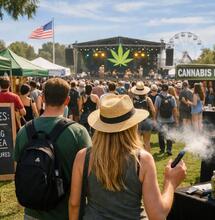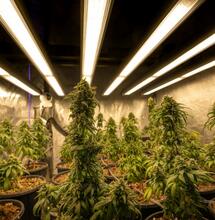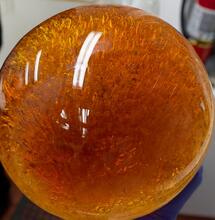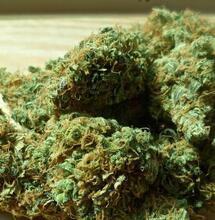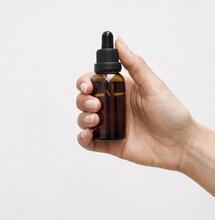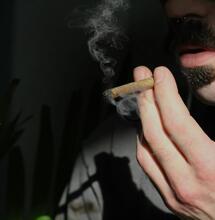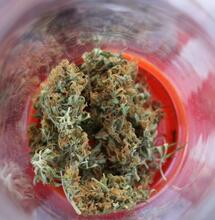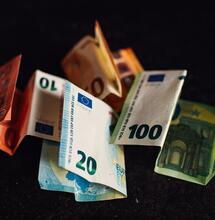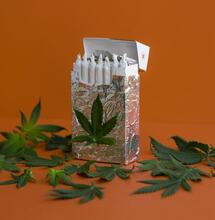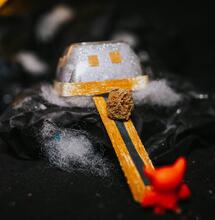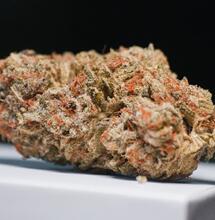Analysis Shows Most CBD Products Labeled Wrong
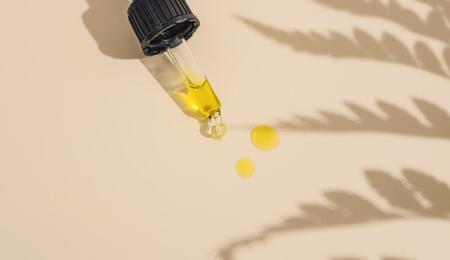
Analysis from researchers affiliated with John Hopkins University has revealed that most commercially available CBD products are sold with misleading or inaccurate information on the labeling. The researchers looked at the label content of 97 marketed hemp CBD products, including hair products, cosmetics and edibles. Their findings are consistent with other similar research, highlighting once again that mislabeling remains a big industry-wide issue for cannabis.
John Hopkins researchers found out that most of the commercial CBD products, available in dispensaries or online, came with misleading or imprecise information on the label. Their findings were recently published in the journal Cannabis and Cannabinoid Research.
Different types of CBD products were evaluated as part of the research, including hemp-derived hair care products, cosmetics, edibles and drinkables.
Previous studies and analyses have also found that many marketed CBD products are inaccurately labeled, or do not contain the precise amount of the cannabinoid indicated on the package.
The researchers highlighted the need for proper regulatory oversight of cannabinoid-containing products, they said.
Ten Products Contained Zero CBD
The latest analysis also revealed that some of the tested products did not contain any CBD at all.
“Most of the products included in this sample were inaccurately labeled for CBD content, including those claiming to have been tested by third party laboratories,” the researchers wrote in their conclusion.
“A notable finding was that 10 products did not contain any CBD,” they discovered. “Many products made therapeutic claims or used marketing tactics to seemingly convey they were safe/healthy, but only about one-third included disclaimers that these statements had not been evaluated by the FDA.”
Here are some of the numbers from the research on CBD labels:
97 CBD products were purchased
35 in-store
61 online
71 products specified a total amount of CBD on the label
35 were under-labeled (contained >10% more CBD than shown on the label)
27 were over-labeled (contained >10% less CBD than shown on the label)
9 were correctly labeled
Median CBD percentage deviations per product type
-53% for hair care products
+18 for cosmetics
-1% for edibles
The researchers further reflected on the type of marketing wording used for the CBD products. For example, nearly half of the analyzed CBD labels claimed that the product can help with “pain relief”, and almost all made “a health halo effect claim,” such as saying that the product does not contain harmful chemicals.
Over half, or 63% of the analyzed CBD product labels missed to feature a disclaimer that says the product had not been evaluated by FDA.
Not the First Study Detecting Labeling Inaccuracy in Cannabis Products
The evaluation results from the John Hopkins University are in line with previous probing into the accuracy of hemp, CBD or marijuana package label.
For instance, the labels on CBD vape pens routinely provide loose information regarding the products’ content, according to another recent study published in the Journal of Forensic Sciences.
A study from 2022 sponsored by the National Institute of Justice, analyzed 53 samples of hemp and found that 49 of them were incorrectly labeled as hemp. Only two of the evaluated items in that study fitted the criteria for hemp, as determined by the levels of THC. Most products contained more than 0.3% of THC, which checks the criteria for federal classification of marijuana.
The problem with mislabeling and featuring inaccurate information on the labels of cannabis products, both CBD and THC, is not exclusive to the US only. Canada’s cannabis industry has also been struggling with mislabeling ever since legalization started in 2018.
A recent study on Canadian cannabis oils showed that a third of checked products had different amounts of THC or CBD shown on the actual label than what it said online. Similar findings came to light last year also about Canadian marijuana flower labeling. The main controversy was that flower purchased at legal dispensaries contained THC levels substantially lower than labeled value.
Also read on Soft Secrets:
- There’s a Big Problem with Amazon Hemp
- THC Inflation: What Is It and Can Regulators Help?
- Canada Restricts Words Like ‘Soda’ and ‘Cola’ on Weed Labels




